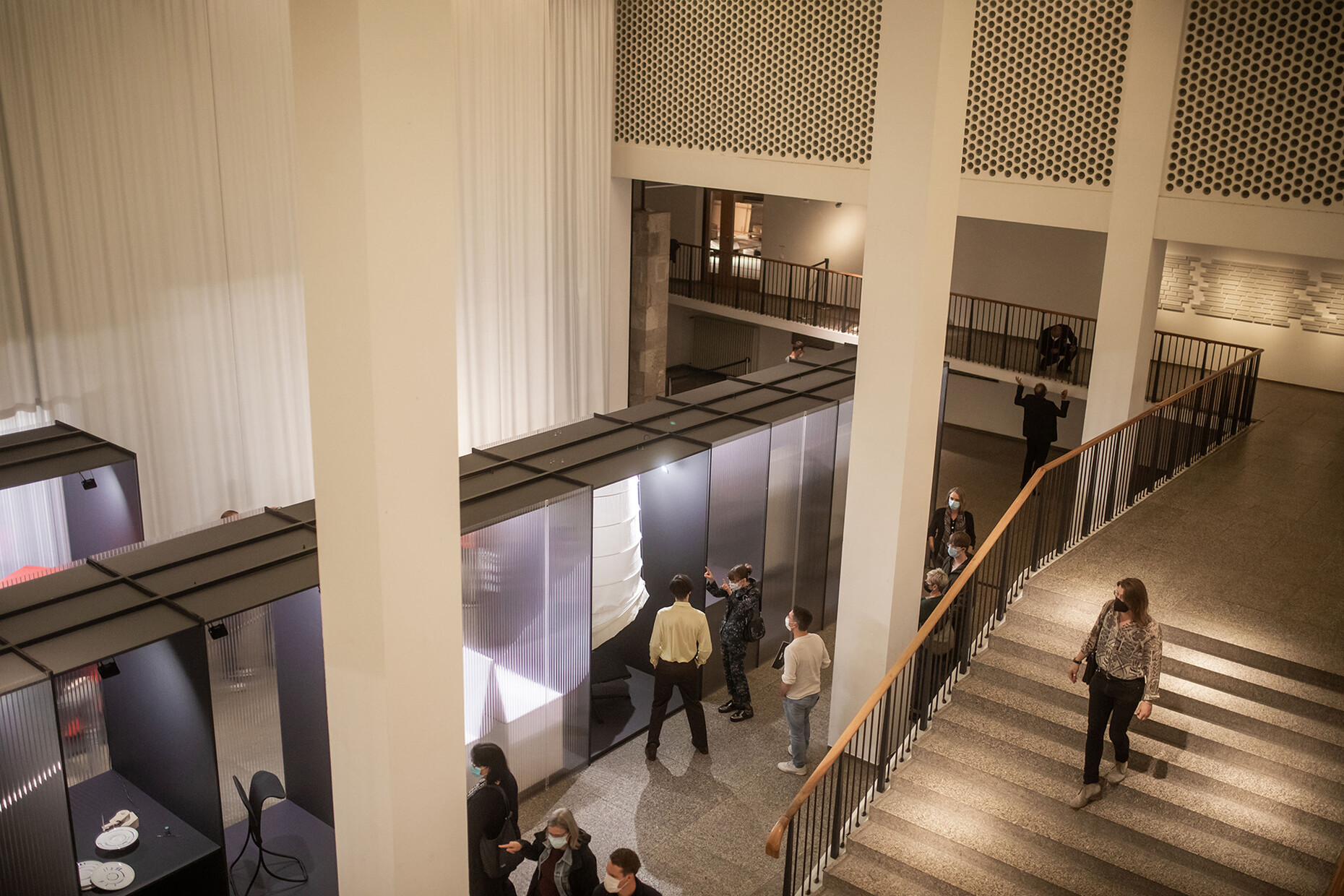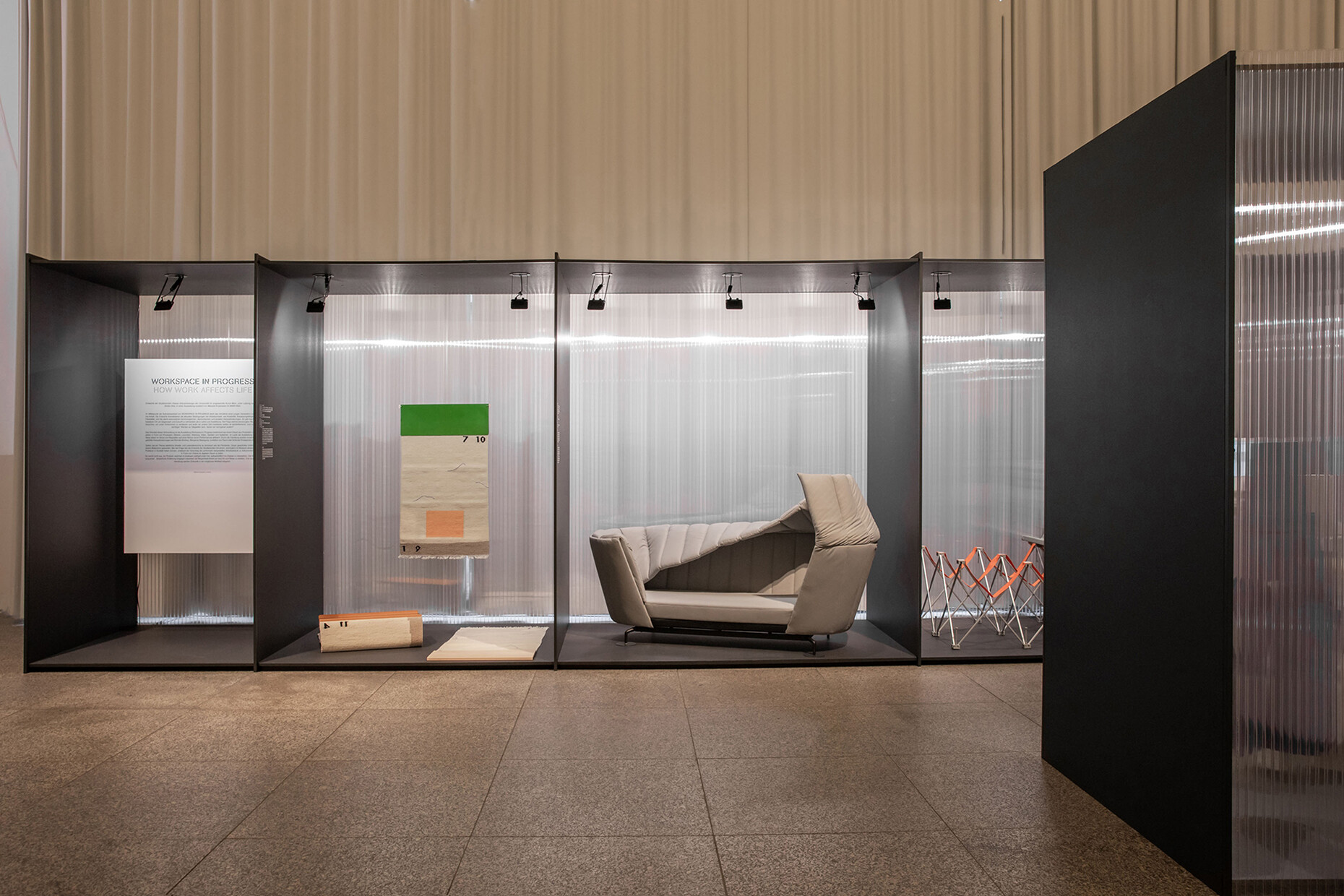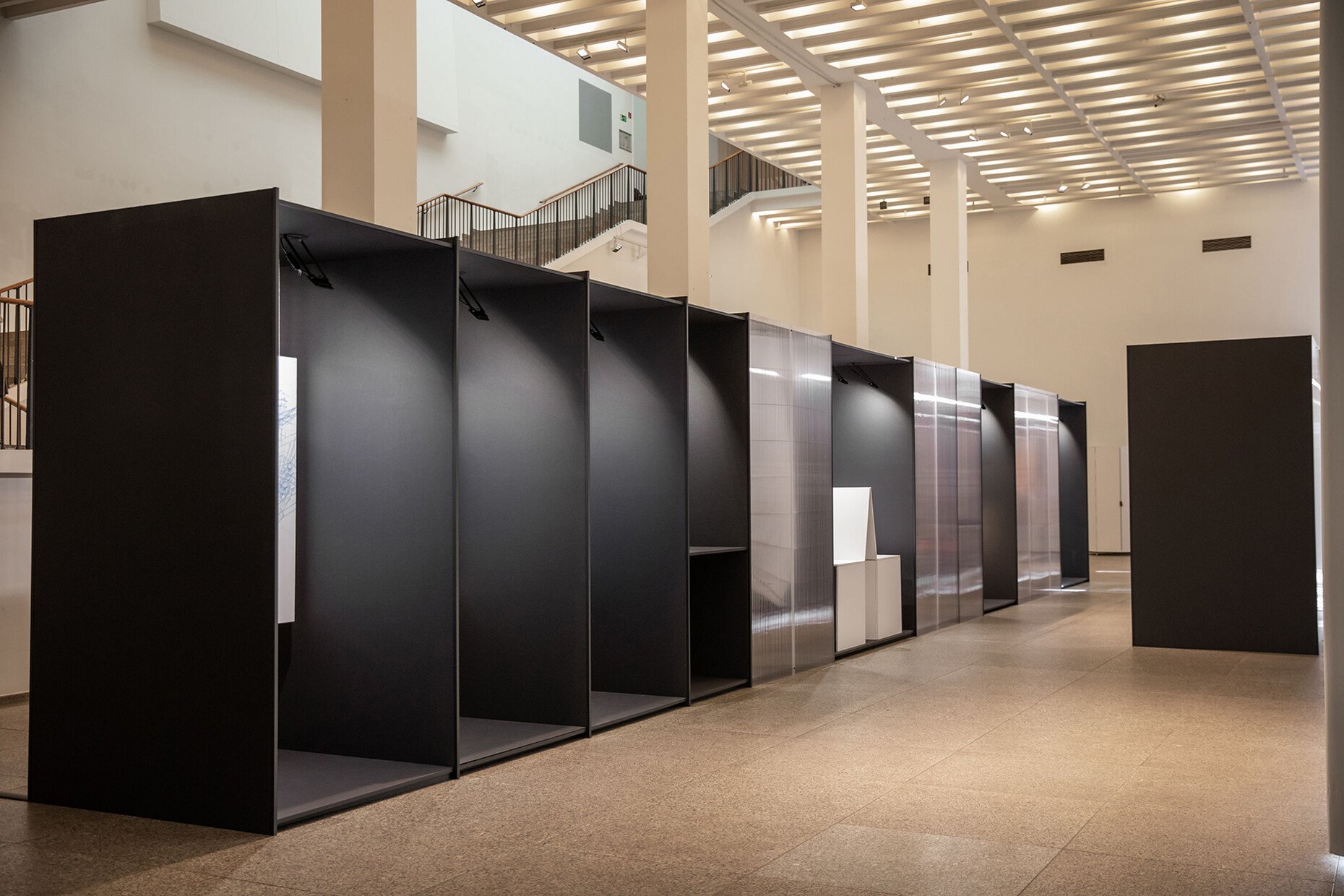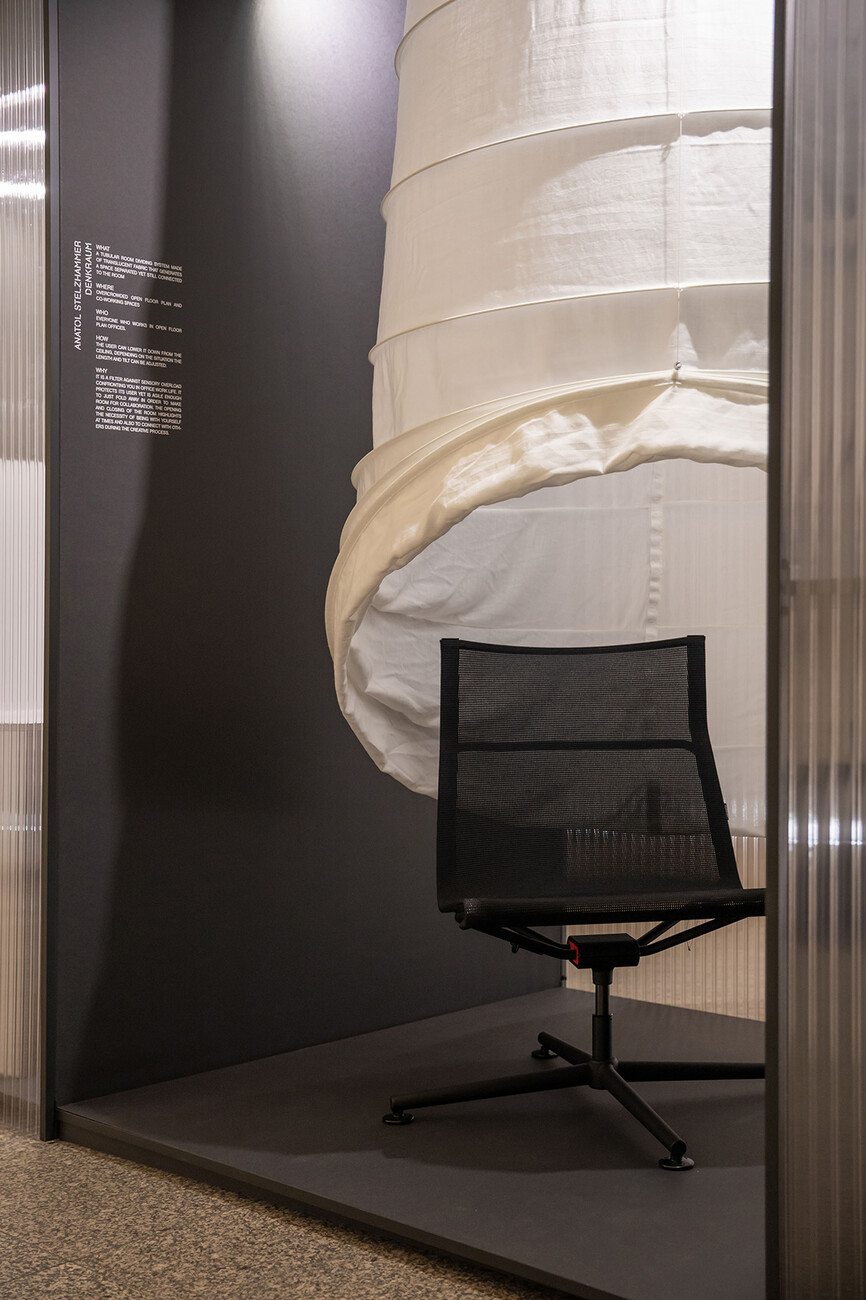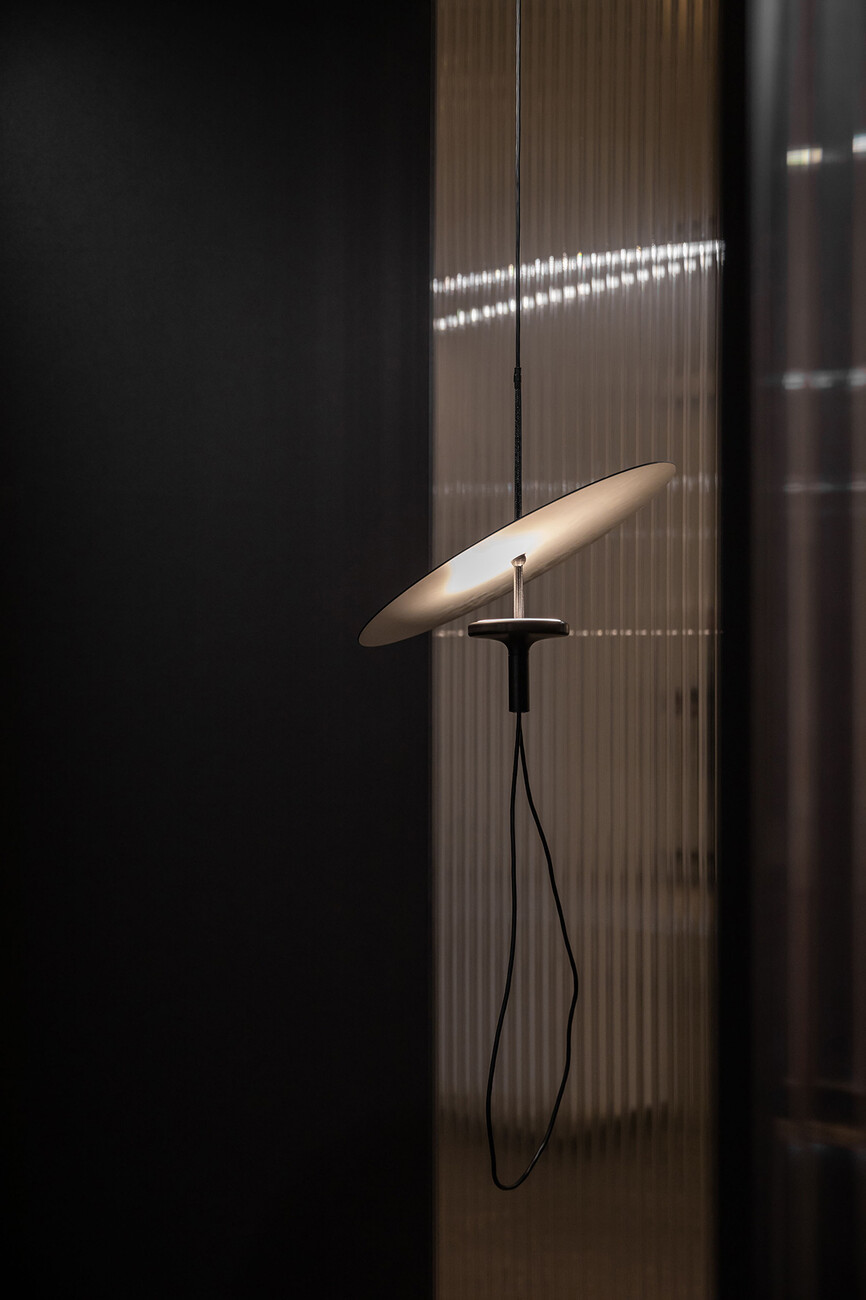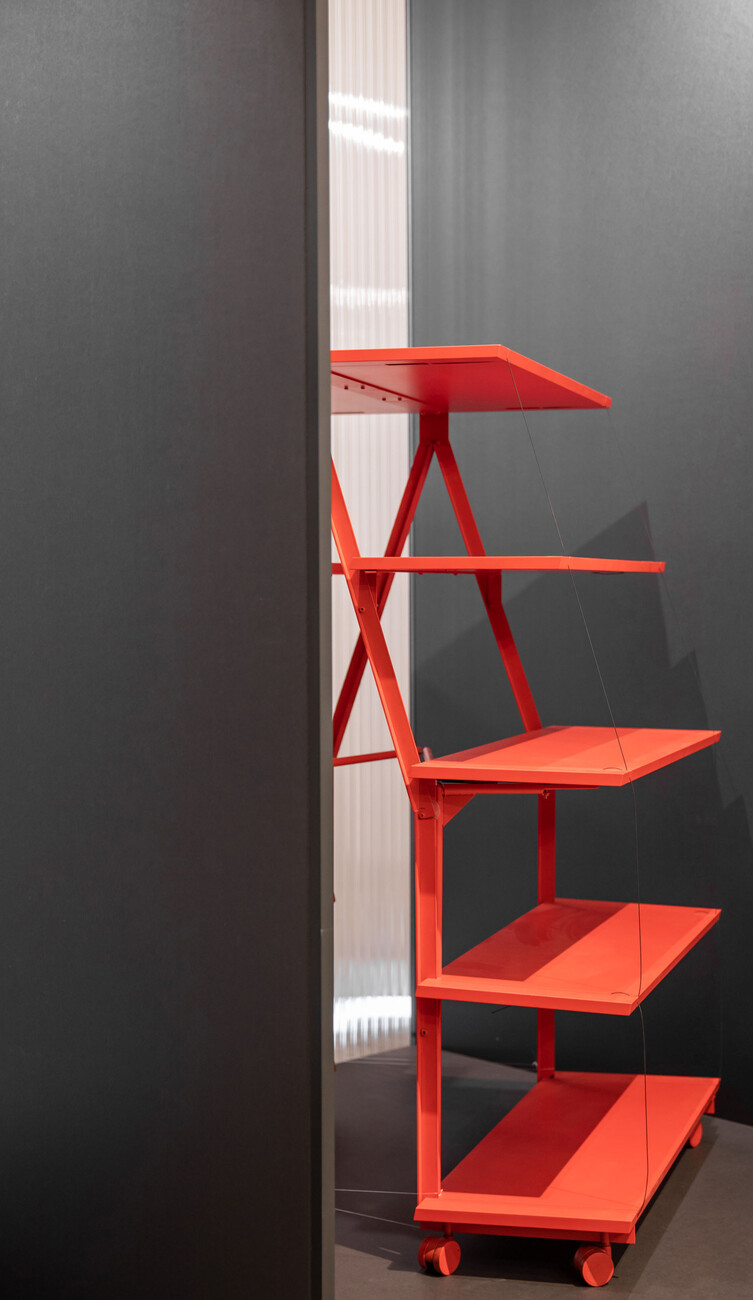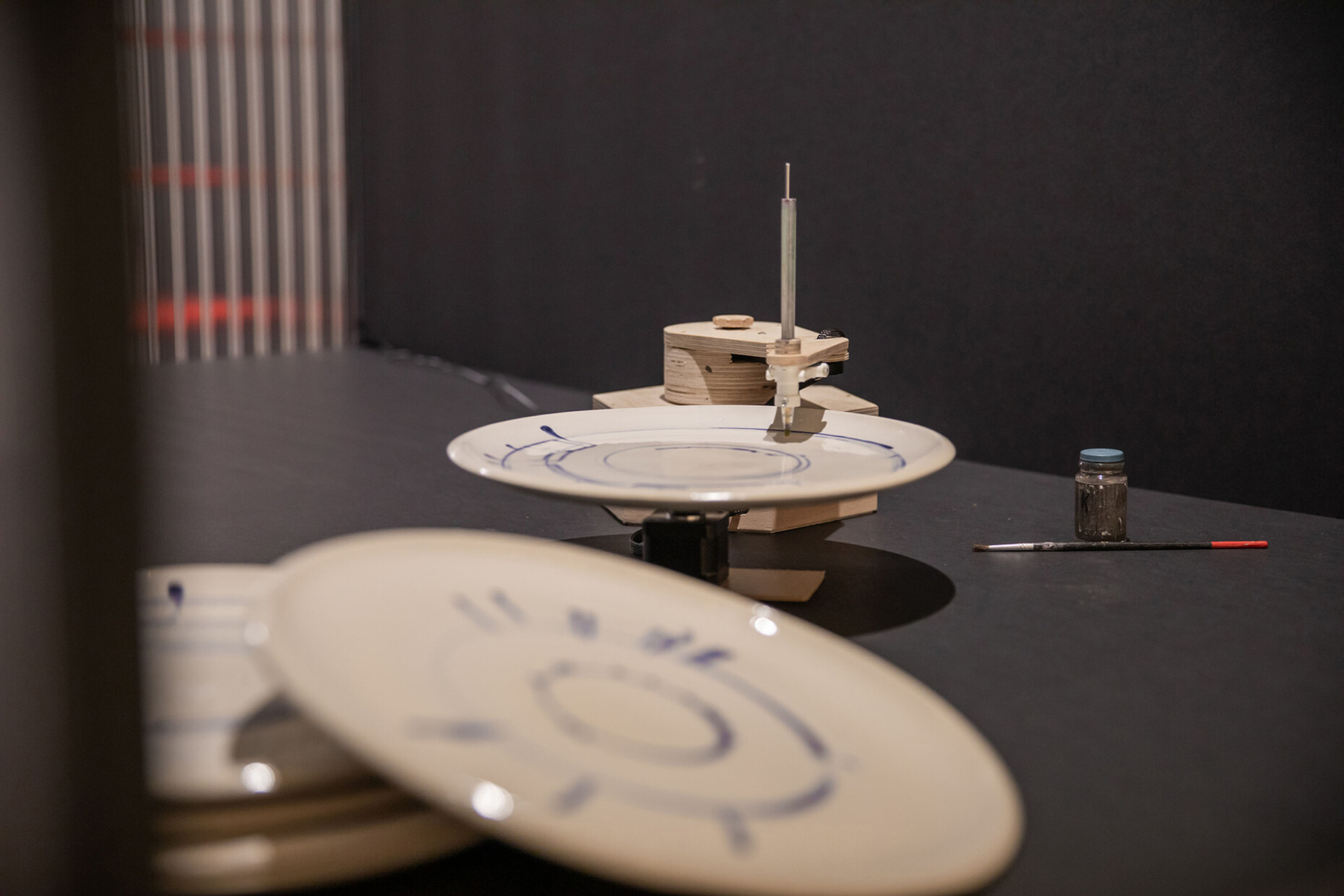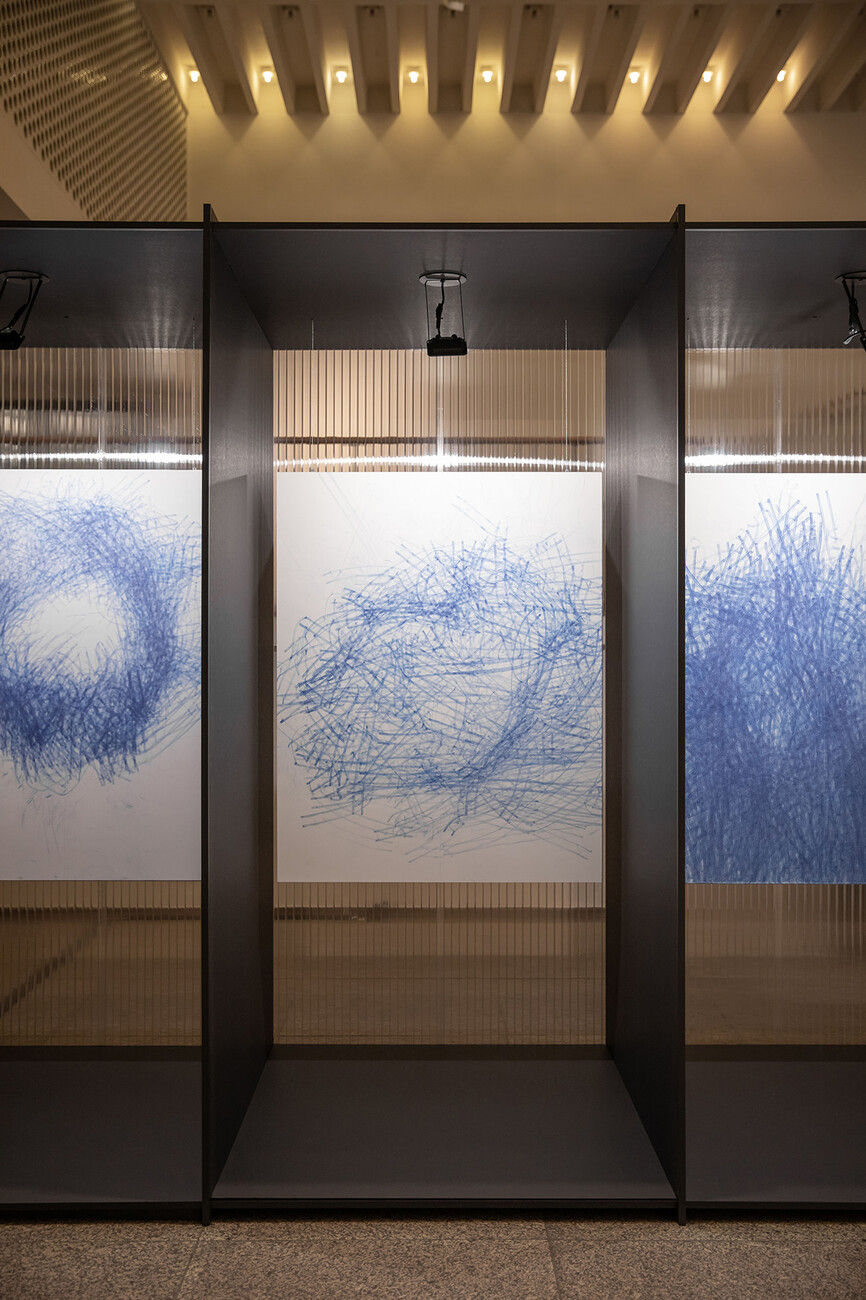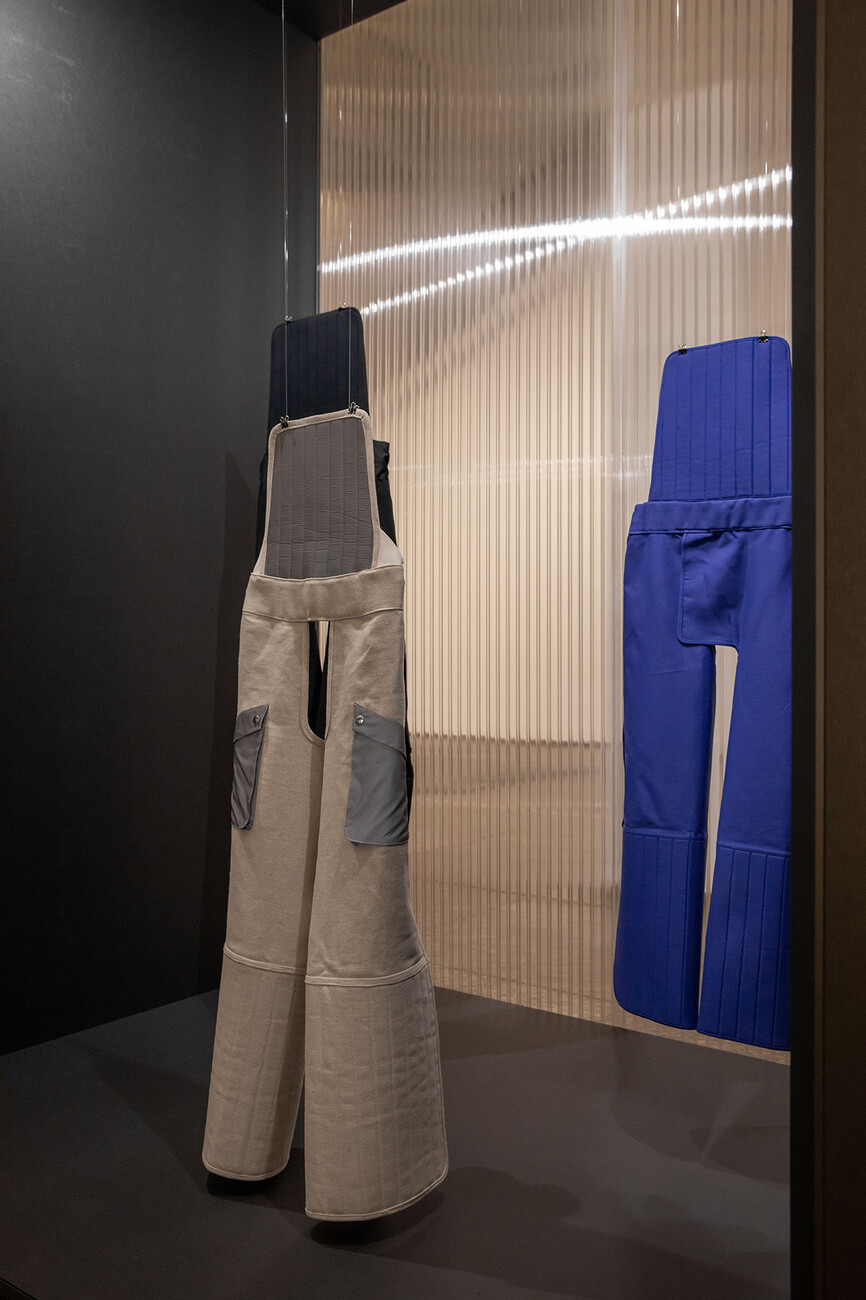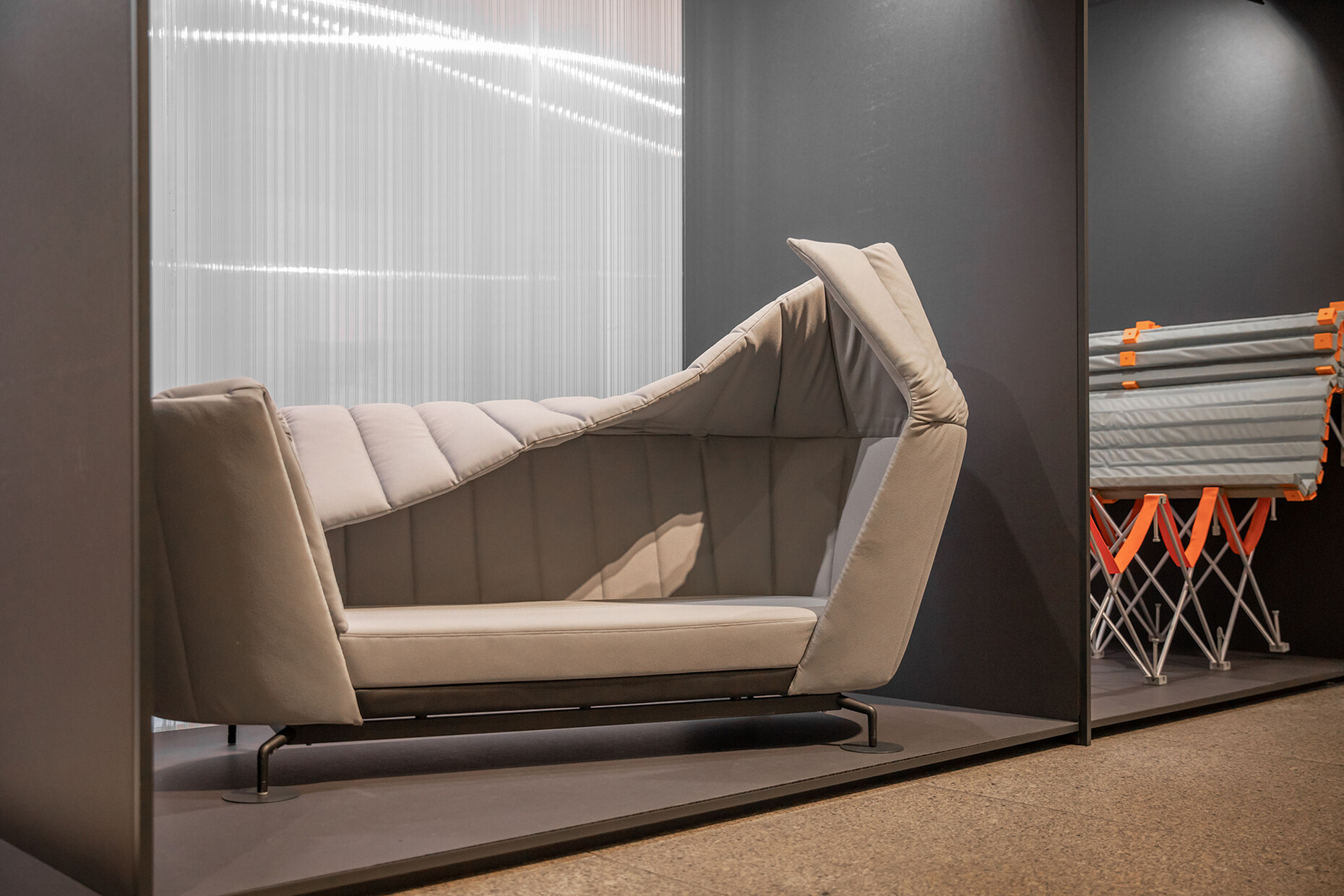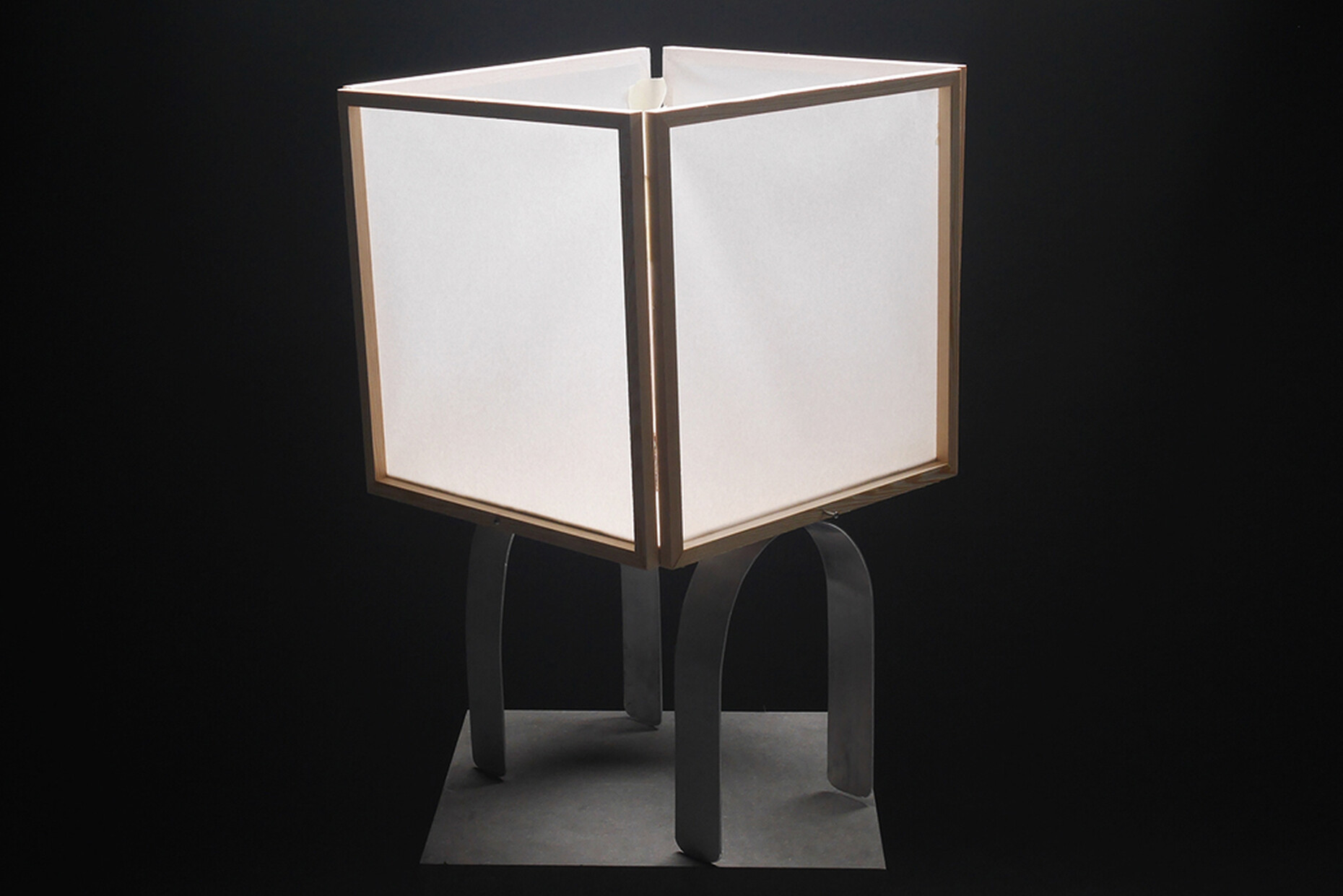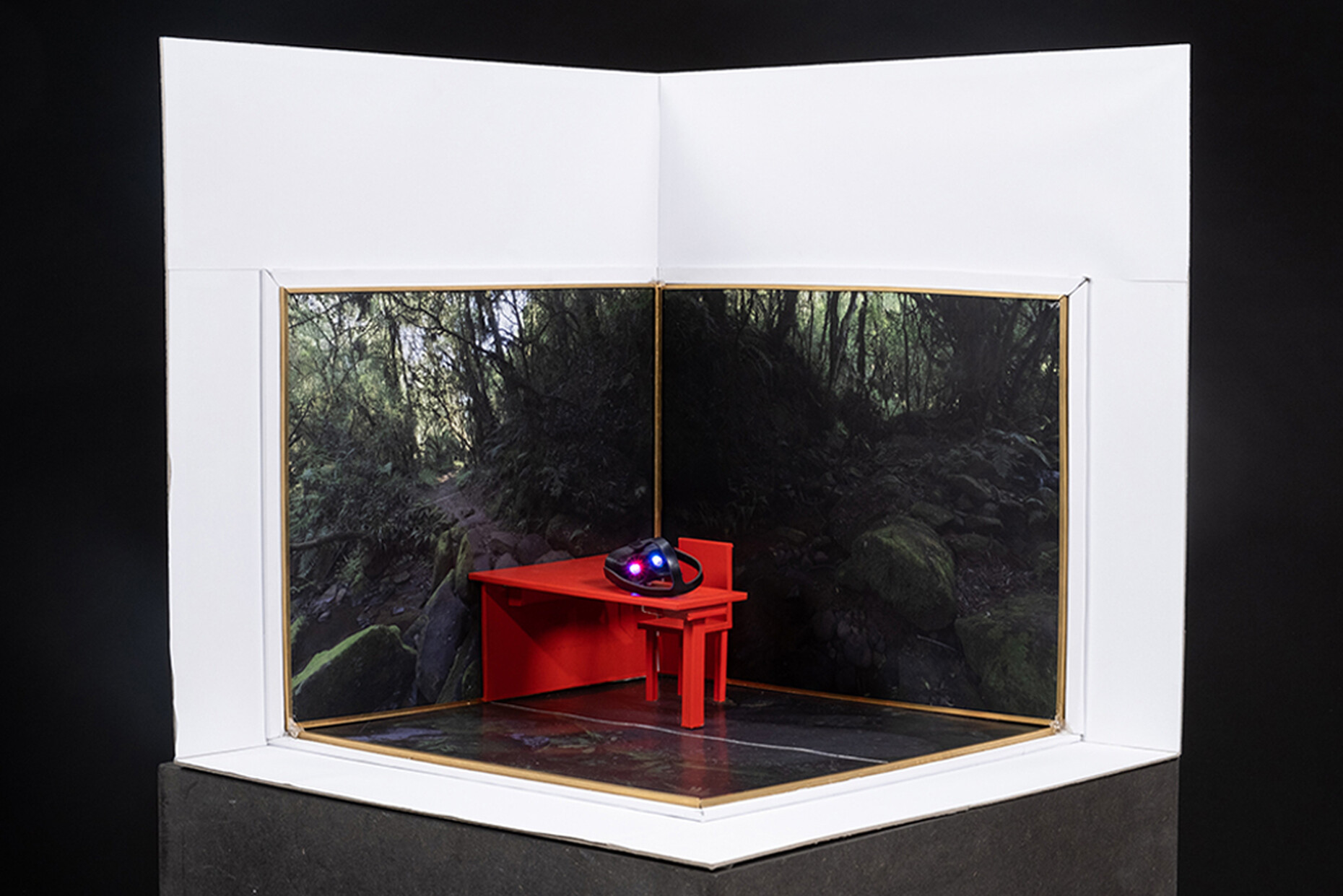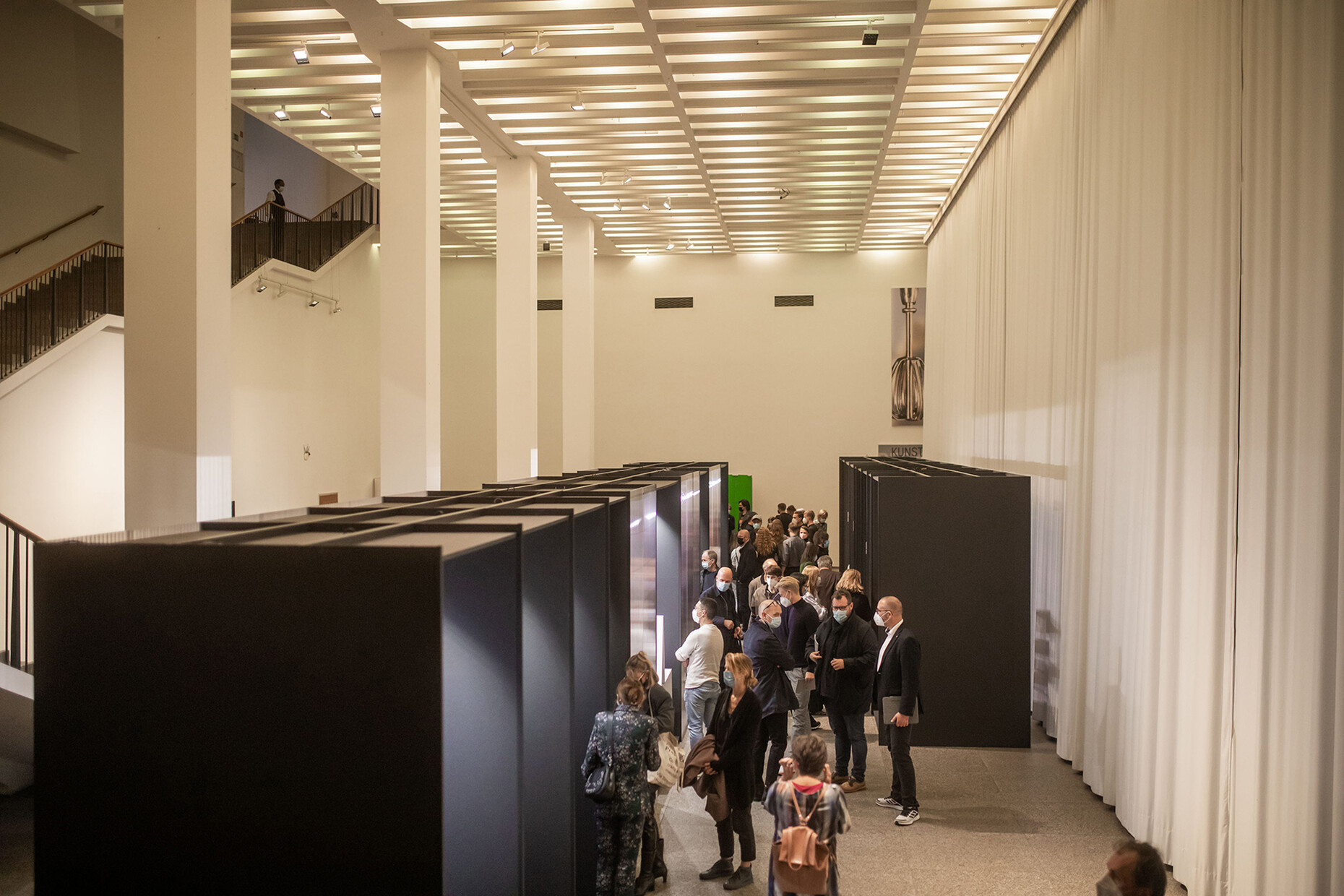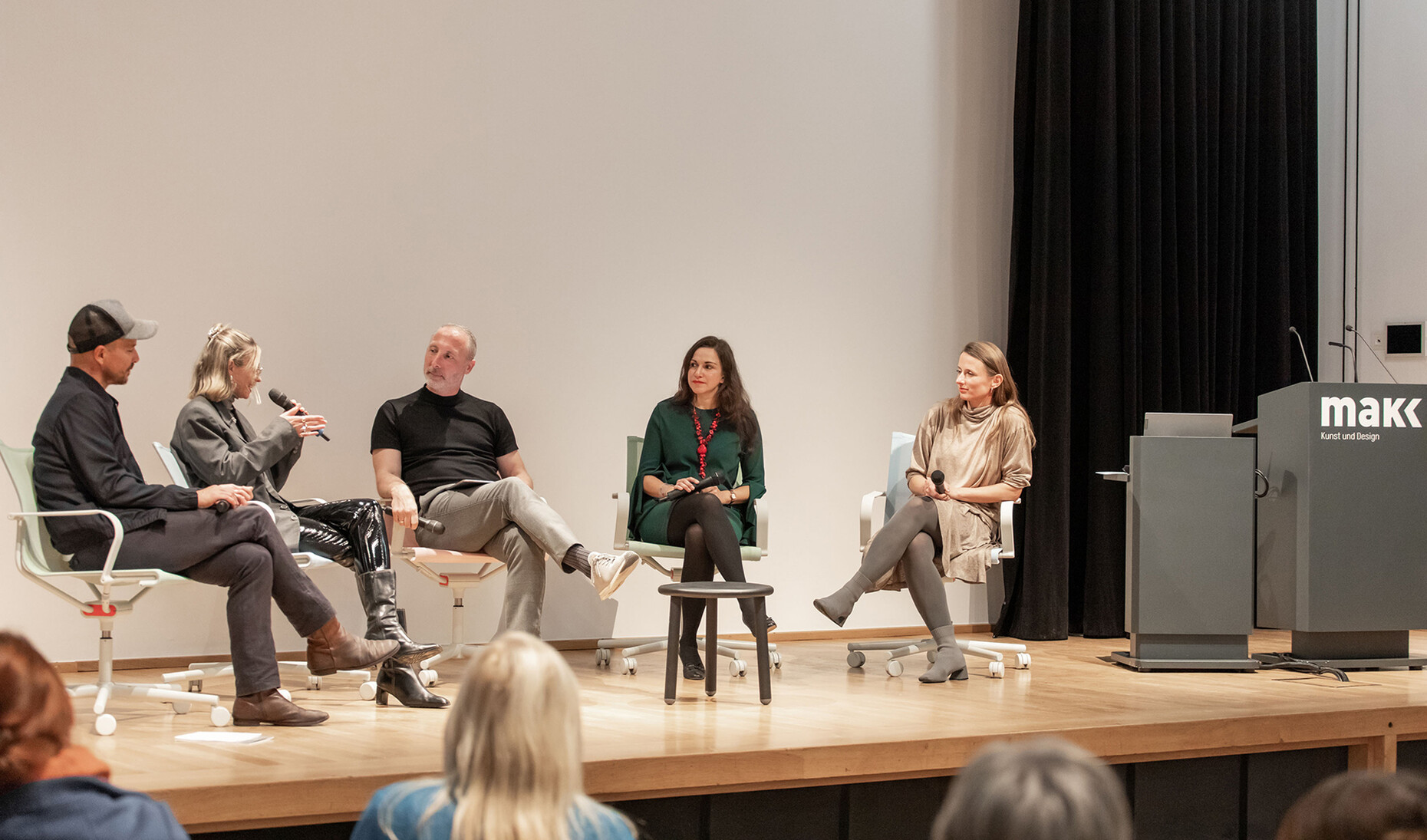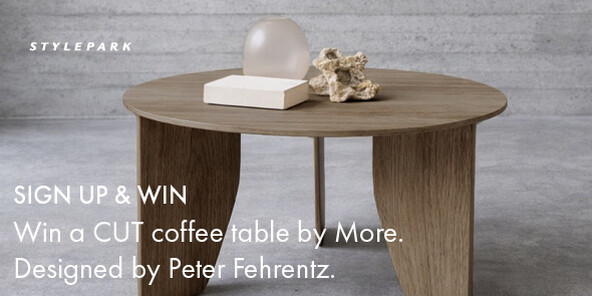STYLEPARK WAGNER
Sustained dialogue
How do we want to work? At the latest since the outbreak of the pandemic, this question has become elementary for us. Existing structures, the sense and nonsense of which used to be discussed at length, could suddenly be broken up in no time at all: the flexible change between home office and office is therefore no longer anything out of the ordinary, and digital communication as a substitute for the previous visit to a location is part of everyday life. The exhibition "Workspace in progress" offers a glimpse into the future of design in the New Work. Until 31 October 2021, the MAKK Museum für Angewandte Kunst in Cologne is showing a worthwhile selection of prototypes that can help shape the new working world. They were designed by students of the Industrial Design class at the University of Applied Arts Vienna, which is led by designer Stefan Diez. He also penned the physical basis for the exhibits: together with Wagner Living and the architects Gonzalez Haase, he developed the "d2" furniture system, which can be assembled and extended without tools thanks to a central connecting element. Intended as a modular construction kit, it can be used to create individual pieces of furniture - from desks, shelves and exhibition stands to exhibition architecture made of lightweight aluminium panels or cardboard honeycomb panels.
For the show at the MAKK, cardboard honeycomb panels in matt black were chosen, which, in combination with surfaces made of translucent polycarbonate, form a presentation surface equipped with spot lighting. Lina Fischer from Diez Office planned the exhibition architecture for "Workspace in progress". The "d2" system divides part of the ground floor at the MAKK into two corridors along which visitors can explore the students' works on both sides. Each work is thus given its own, individually adapted display space without losing its sense of belonging to the whole. Compact summaries are also printed on a section of the wall surface to convey each contribution. "Wagner spared no expense or effort in realising this project with us," says Stefan Diez. Completely recyclable, modular and customisable, "d2" addresses the current issues of sustainability, flexibility and multifunctionality in the New Work.
Solve boundaries
The starting point was physical models of the students' personal working utopias - these were created as spatial mock-ups in the format 40 x 40 x 40 centimetres during a workshop with Matylda Krzykowski. Whether abstract expression, socially critical commentary or concrete product design was left up to the students. From concrete product design to system criticism, the designs show the perspective on the meaning and challenges of work on the part of a generation that has only just taken the step out of education into professional life: "The exhibition is forward-looking and provides a lot of food for thought," says Dr. Petra Hesse, director of the MAKK. Stefan Diez and Matylda Krzykowski, the curator of the exhibition, have supervised a good 40 projects in total. Among the works on show at the MAKK are "Nesting" by Steven Dahlinger, an upholstered piece of furniture with a folding backrest that can be used as a sofa or a retreat as needed. "Performing Stages" by Alice Klarwein can be transformed from a shelf to a desk in a few simple steps, and "Talktile" by Madeleine K. Wieser gives employees in the home office the opportunity to spontaneously get in touch with colleagues. "A psychological detail that has often been forgotten in the discussion about New Work is that people need responsive relationships," says Stefan Diez. Many details were made using 3D printing, such as the connections in "Folded Sheet of Paper" by Karin Markowski - a lightweight structure made of cardboard honeycomb panels that makes it easy to switch between a large conference table and two individual workstations.
The results question the task of processes and provide clear assistance for flexible working. They offer concrete suggestions for the optimisation of individual room situations - be it to compensate for stress, to create a suitable lighting mood for more well-being or to be able to use the available space flexibly. They show a positive dissolution of the boundaries between life and work, where this is not at the expense of one's own needs. At the same time, the projects pose the question of the "established truth", the social conviction in the context of work and design. That it is worthwhile to constantly question this is demonstrated just as conclusively by the students' works as by Stefan Diez's "d2" system. "It's about discourse. By coming from different positions, we can not only share our expertise but also come together to find new solutions," says Matylda Krzykowski. An interdisciplinary New Work experiment that Wagner Living has helped to bring to visibility.
Workspace in Progress
Until 31 October 2021
MAKK - Museum of Applied Arts Cologne
An der Rechtsschule 7
50667 Cologne
Tip: The "Workspace in progress" exhibition will be shown again at the MAKK for the imm cologne from 17 to 23 January 2022. Some of the works will be further developed until then with the support of Wagner Living.
